According to the electric car industry report, the production of electrical steel (electric sheet) will be insufficient in the next few years. The decrease in the prices of easily accessible raw materials such as lithium, copper and cobalt was reflected as a reduction in electric vehicle prices. On the other hand, accessing silicon steel, which is difficult to manufacture, is unfortunately more difficult than accessing raw materials such as lithium.
With easy access to lithium used in electric vehicle batteries, lithium prices have dropped by 20 percent since the beginning of the year. However, concerns remain that the reduction in prices may have negative consequences in the future. The reason for this is that electrical steel, which is the most important element of electric vehicle production, is not an easily accessible material, unlike lithium.
According to industry representatives who conduct important research on electric vehicles, the production of silicon steel will be insufficient in the next ten years. Although manufacturers have made attempts to increase production in order to compete, it is foreseen that the magnetic steel supply required for vehicle engines will have difficulty meeting the demand.
Silicon steel is used in electromagnetic devices such as motors, generators and transformers, as it reduces power loss. Difficulties in the procurement of silicon steel also raise concerns about the future. Since the production of electrical steel is an extremely difficult process, there are frequent delays in the procurement processes. Currently, the vast majority of magnetic steel is produced in South Korea, Japan, and China. Global demand for high-quality magnetic steel is said to rise to hundreds of thousands of tons by 2027 and over one million tons by 2030.


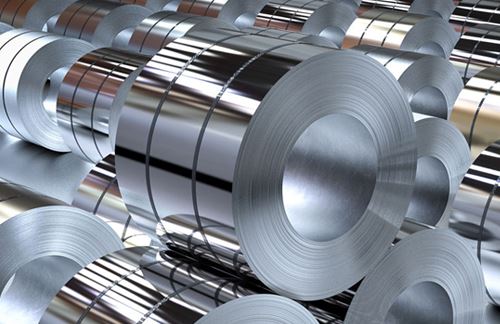
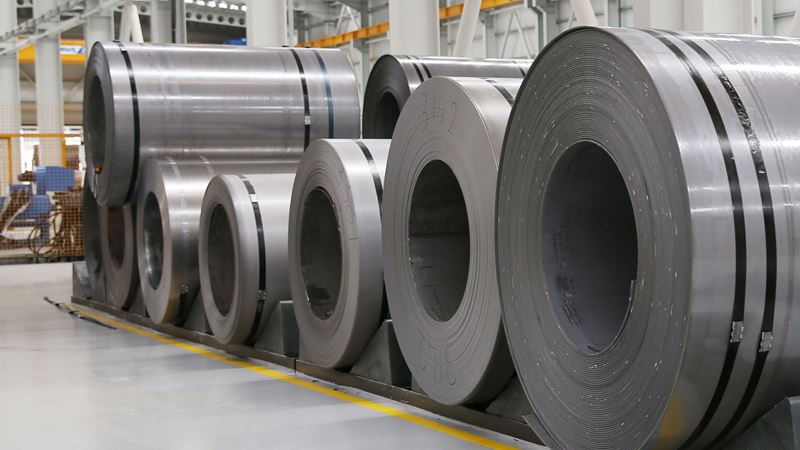
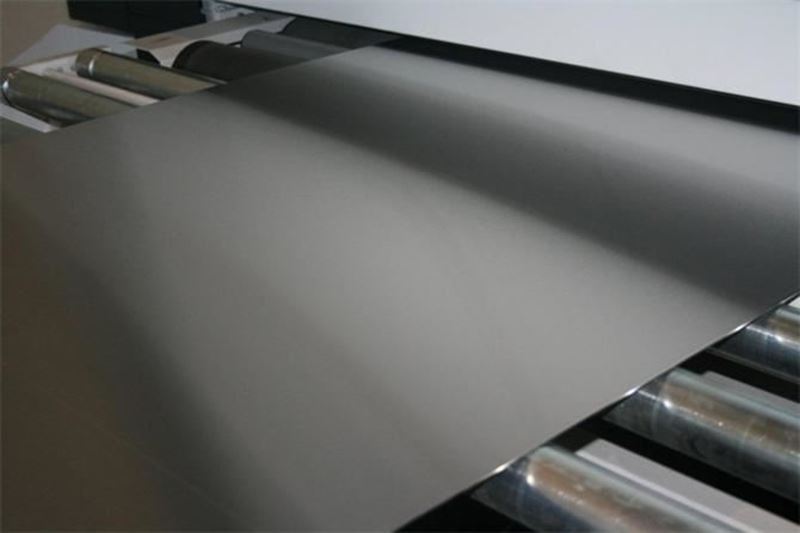
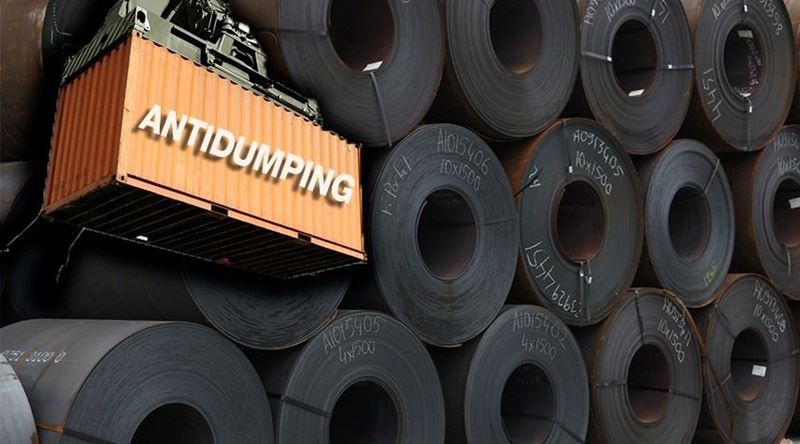
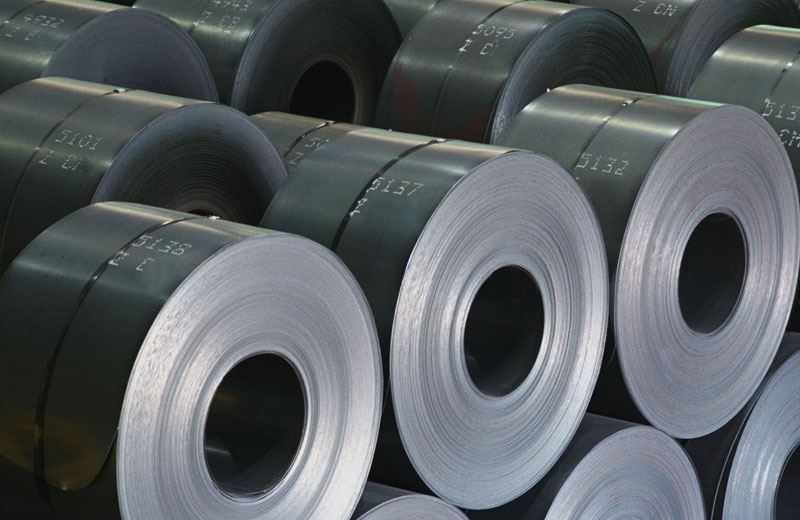
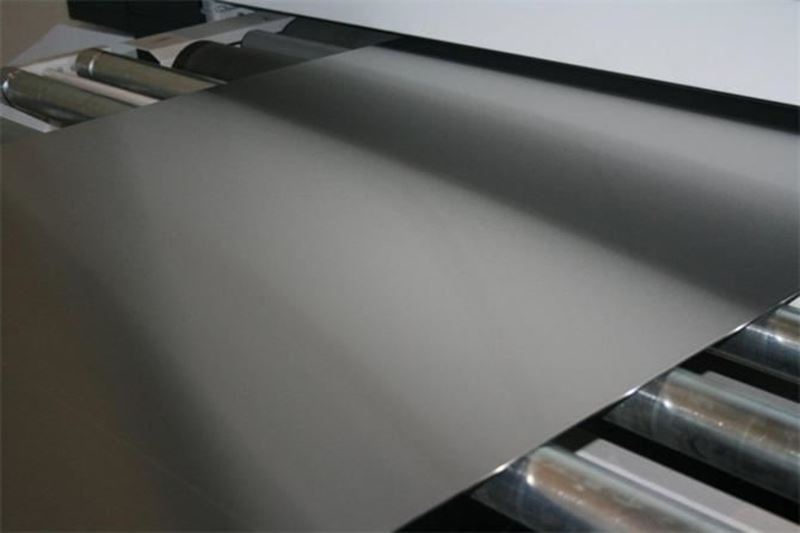

Yorumlar
Henüz yorum yapılmadı